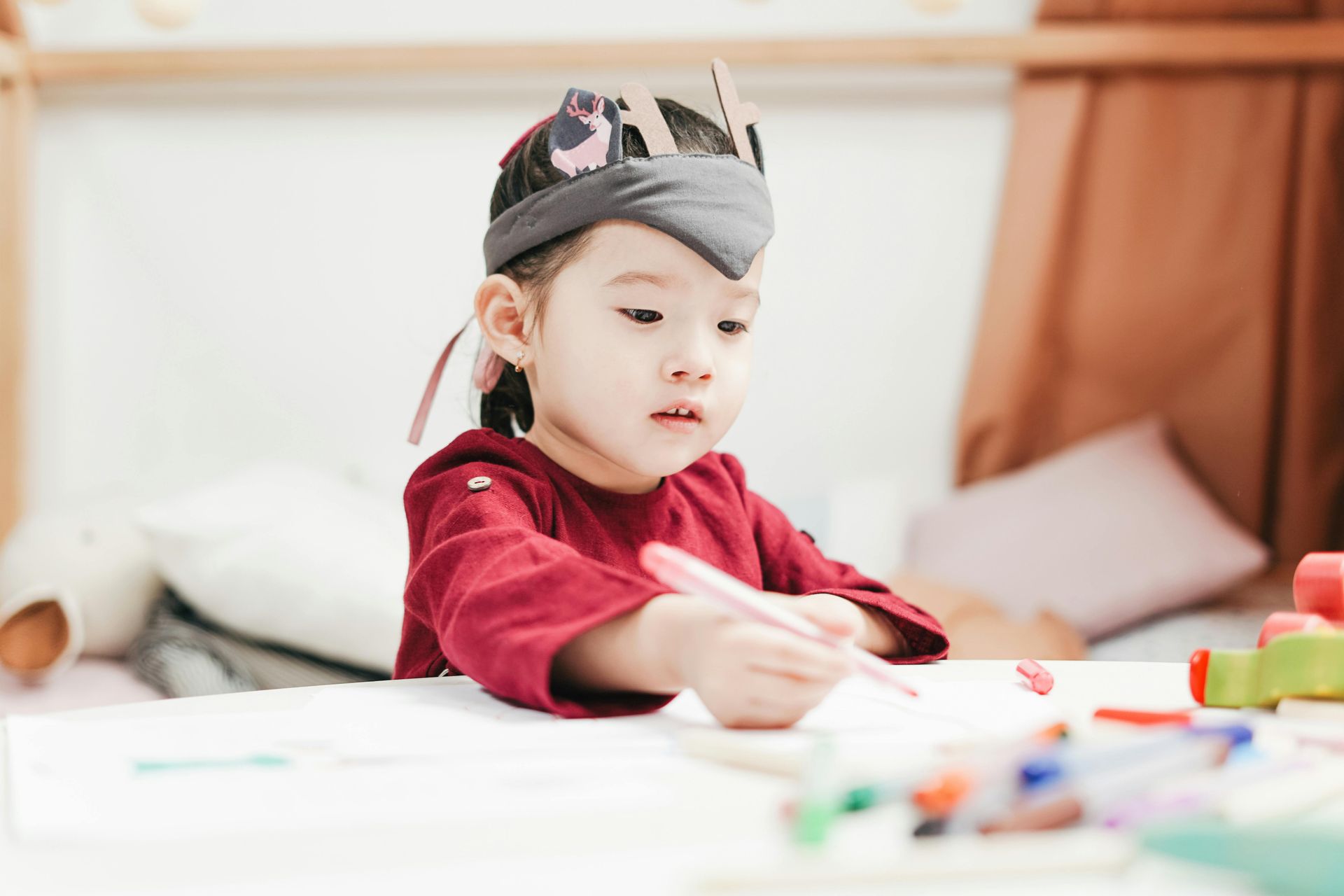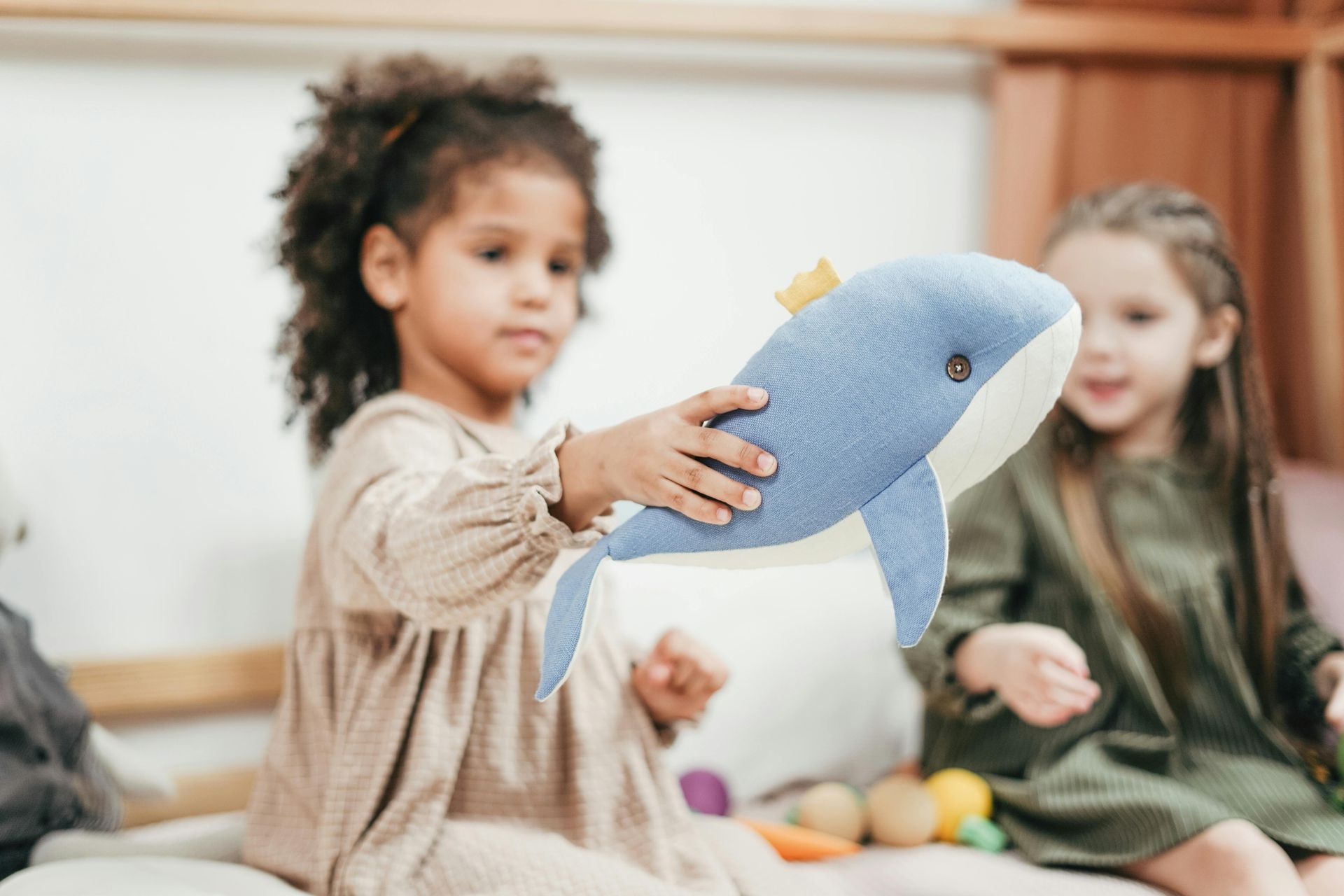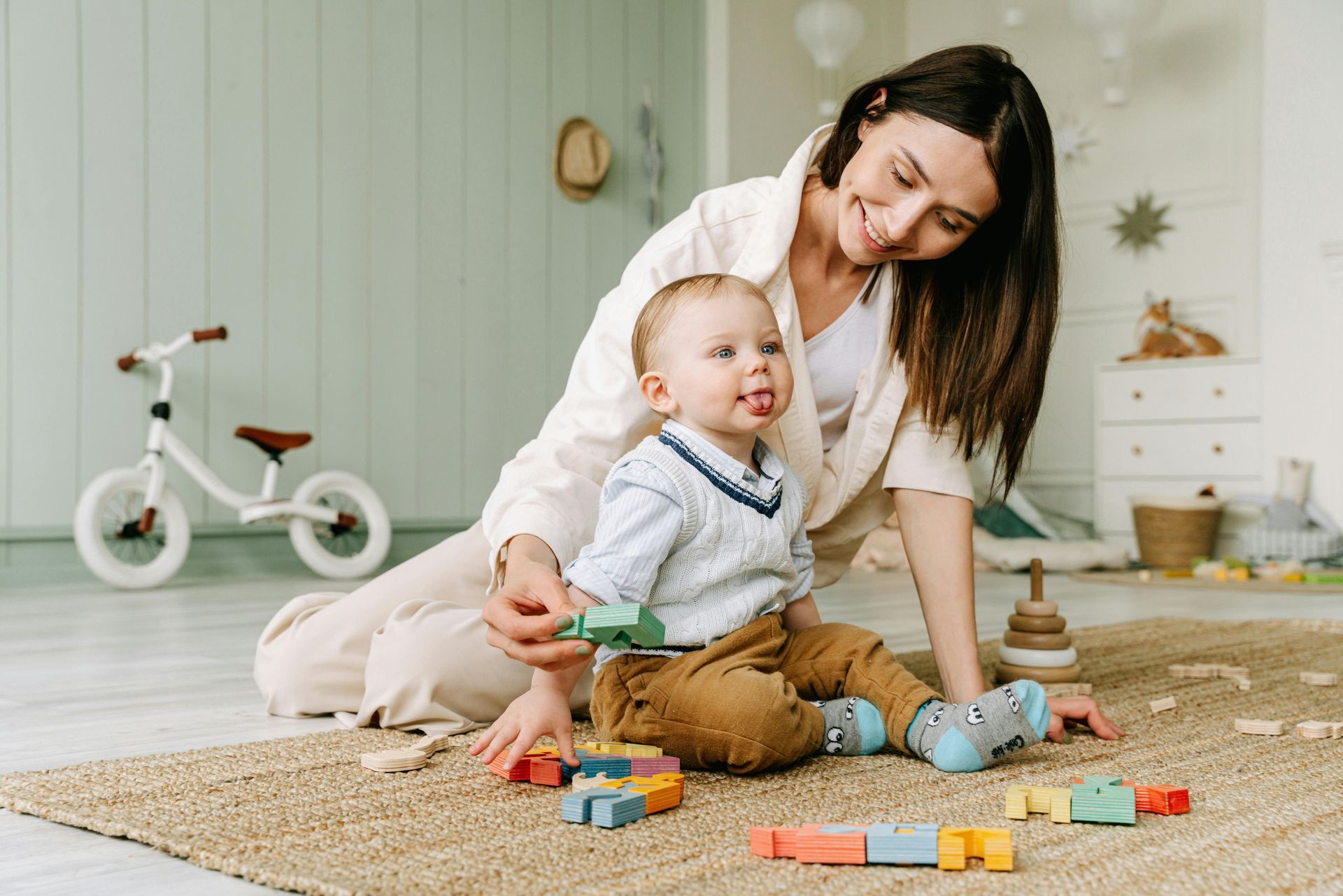Nurturing Independence in the Early Years
One of our key goals at Welbourne Avenue Nursery is to help children grow into confident, capable individuals who believe in their own abilities. We do this by nurturing independence from the very beginning — giving children space, time, and support to try things on their own and take pride in their accomplishments.
What Does Independence Look Like in Early Childhood?
Independence in young children can be seen in everyday actions such as:
- Putting on their own coat or shoes
- Serving themselves at snack time
- Choosing their own activities
- Solving simple problems without immediate adult intervention
- Expressing their preferences or needs clearly
Each of these actions may seem small, but they represent major developmental strides in executive functioning, emotional regulation, and self-esteem.
Our Approach to Supporting Independence
We design our environment to make independence possible:
- Child-height furniture and materials allow children to access what they need without help.
- Visual routines and picture schedules provide structure so children know what to expect and what to do next.
- Clear, consistent expectations help children build responsibility and accountability.
We offer just the right amount of guidance — stepping in when truly needed, but stepping back enough to let children discover what they can do.
The Role of Choice
Choice empowers children. We allow for choice throughout the day:
- What activity would you like to explore?
- Which story shall we read?
- Would you like to sit at this table or that one?
- Would you like help, or do you want to try it yourself?
These choices might seem minor, but they reinforce decision-making skills and help children understand that their voice matters.
Building Skills Through Everyday Routines
We use daily routines as opportunities for learning independence:
- Mealtimes: Children pour drinks, serve food, and help clean up.
- Toileting and hygiene: With gentle coaching, children learn to manage their personal care with increasing skill.
- Tidying up: Each child learns where items belong and takes part in keeping the space organized.
These small acts of self-care and responsibility build competence and confidence.
Encouraging a Growth Mindset
We don't expect children to succeed at everything right away. In fact, mistakes are part of the learning process. Our educators offer encouragement like:
- “That was a great try!”
- “I see you’re figuring it out.”
- “What could you do differently next time?”
This language helps children develop a growth mindset — the belief that effort leads to improvement, and that challenges are opportunities, not failures.
Celebrating Progress
We acknowledge and celebrate each child’s milestones in independence, whether it’s zipping a coat, initiating a game, or solving a peer conflict with words. These moments are meaningful victories that pave the way for confident, lifelong learners.
Supporting Independence at Home
We work closely with parents to support independence beyond the classroom. We offer tips on:
- Age-appropriate chores
- Morning and bedtime routines
- Letting children take small risks
- Encouraging persistence instead of rushing to help
Together, we foster a consistent message: “You can do this.”











